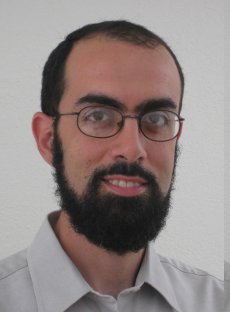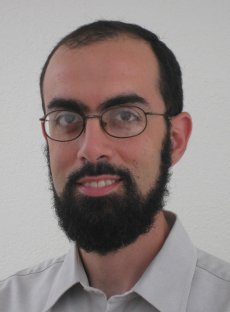
| معلومات عامة | أبحاث | البداية | تدريس | خدمة المجتمع |
| General information | Research | Home | Teaching | Community Services |


|
|

|
Advanced Computer Arithmetic
AimBy the end of the class, the student should be able to analyze and design high performance arithmetic blocks for use in the data-path of large digital systems. Recommended Texts
Other text, lecture slide handouts, and notes are on the web. IntroductionArithmetic is the science of handling numbers and operating on them. This course is about the arithmetic done on computers. To fulfill its purpose, there is a need to describe the computer representations of the different numbers that humans use and the implementation of the basic mathematical operations such as addition, subtraction, multiplication and division. These operations can be implemented in software or in hardware. The focus of this class is to introduce the hardware aspects of computer arithmetic. The enhancements to improve the usual performance metrics (speed, area, and power) are discussed and the students are expected to use them in their projects. We will actually look at some of the designs used in commercial processors as well as the recent research in the field. Assessment
HandoutsBookA draft of the new/old book is available, please provide me with your comments. Tentative schedule and handoutsAssignmentsThere are six homeworks, one research report, and one project.
|
|
Page designed and maintained by Hossam A. H. Fahmy. This page has Valid XHTML 1.0 (strict) and Valid CSS! |
القائم بتصميم وتحديث الصفحة حسام علي حسن فهمي هذه الصفحة تتبع مواصفات XHTML 1.0_strict و CSS! |